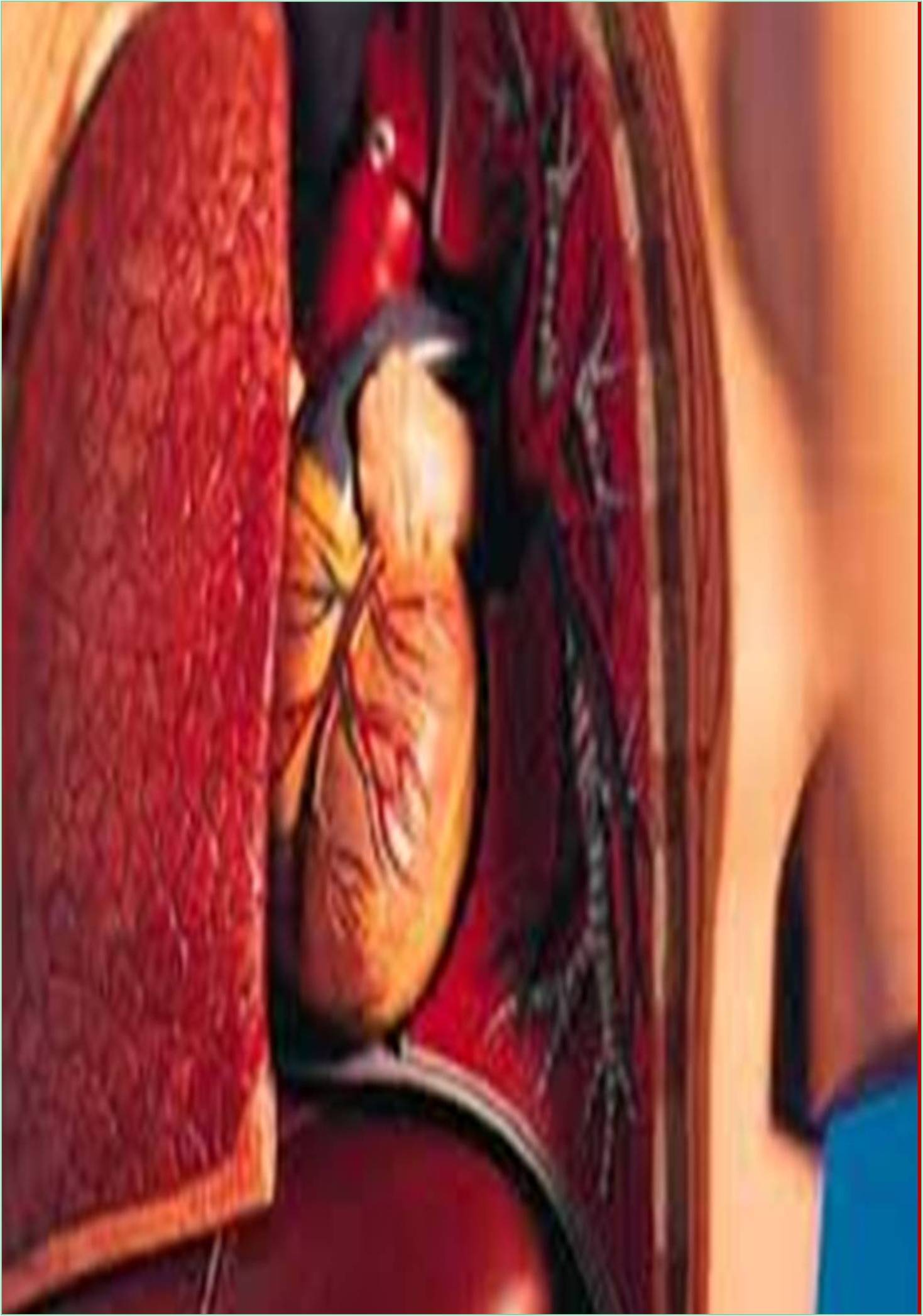



Received: 01-Aug-2022, Manuscript No. GJGC-22-74282; Editor assigned: 03-Aug-2022, Pre QC No. GJGC-22-74282(PQ); Reviewed: 17-Aug-2022, QC No. GJGC-22-74282; Revised: 24-Aug-2022, Manuscript No. GJGC-22-74282(R); Published: 01-Sep-2022, DOI: 10.15651/GJGC.22.10.009
Over 200 nations and territories have been afflicted by a novel coronavirus (SARS-CoV-2) that causes the coronavirus illness 2019 (COVID-19). This coronavirus was initially discovered in Wuhan, China, in early December 2019. The single-stranded, positive-sense RNA virus is known as SARS-CoV-2. Authorities issued orders, among other things, to keep spaces between persons apart and limit social gatherings in an effort to lower the transmission rate. The North American Society for Paediatric Gastroenterology, Hepatology, and Nutrition (NASPGHAN) and the European Society for Paediatric Gastroenterology, Hepatology, and Nutrition (ESPGHAN) published guidelines for the paediatric endoscopist regarding personal protection for the paediatric endoscopist and theatre staff because endoscopists are particularly at risk given the recently identified exposure of the endoscopist's face to biological material during the procedure.
Varying European nations not only have different incidences of affected people, but also different obstacles to the acceptance of these recommendations (e.g. shortage of medical resources, cultural factors). Our goal was to look into how other pediatric gastroenterology centers around Europe handled the current situation and whether they had applied the recommendations. The impact that the COVID-19 outbreak has placed on pediatric gastroenterology departments is revealed by our survey. Endoscopies had to be reserved for urgent cases alone, and elective procedures had to be cancelled at all centers. Even though ESPGHAN responded rapidly to this very challenging scenario and gave doctors early advice during the viral spread's progression, not all centers adhered to those suggestions, and the majority of centers also followed the advice of their respective institutions. This reflects the reality that at a specific moment during the COVID-19 pandemic, identical recommendations could not be enforced by all European hospitals because different regions of Europe were not only impacted differently and at different times, but also had varying access to personal protective equipment.
It is true that determining the best time to issue guidelines or statements during a pandemic is extremely difficult. The reasons for these difficulties are the virus's differing impact in each country or region, the various rules issued by governments and compliance with those rules, and the fact that these may change rapidly during a pandemic.
Centers in areas with a high number of infected people screened their patients for COVID-19 before performing endoscopies, whereas centers in countries with a low prevalence of infection did not. This could be due to different levels of awareness about the viral impact and different approaches to infection prevention in different countries.
Most centers consistently reduced the number of staff present during endoscopic procedures and provided Personal Protective Equipment (PPE) to staff as recommended by ESPGHAN. Wearing a single or double pair of gloves, as well as disinfecting the endoscopy unit in between procedures, was handled very differently.
The global situation caused by COVID-19 changed so quickly that hospitals had to act immediately to protect staff and patients and could not wait for guidelines to be published. The impact of COVID-19 on endoscopy units is significant; not only does the pediatric gastroenterologist need to decide which endoscopies are urgent, but also how to protect the staff with the medical supplies available for PPE. Time and future studies will also reveal whether delayed elective endoscopic procedures have an impact on children's health and/or the health economy.